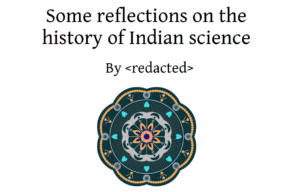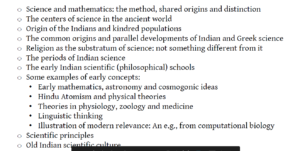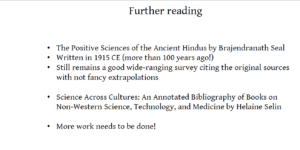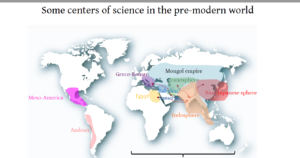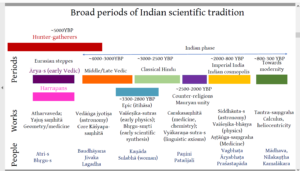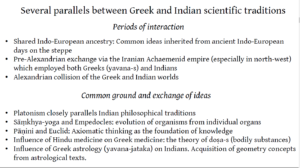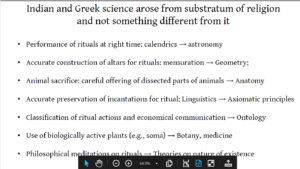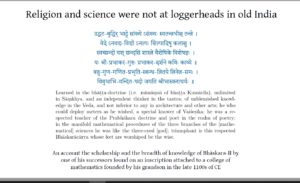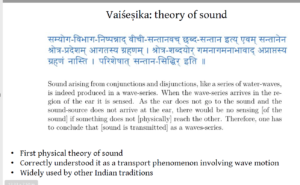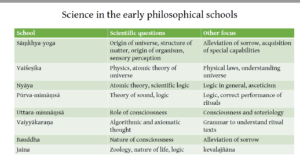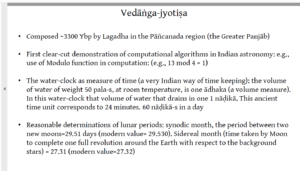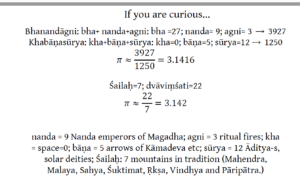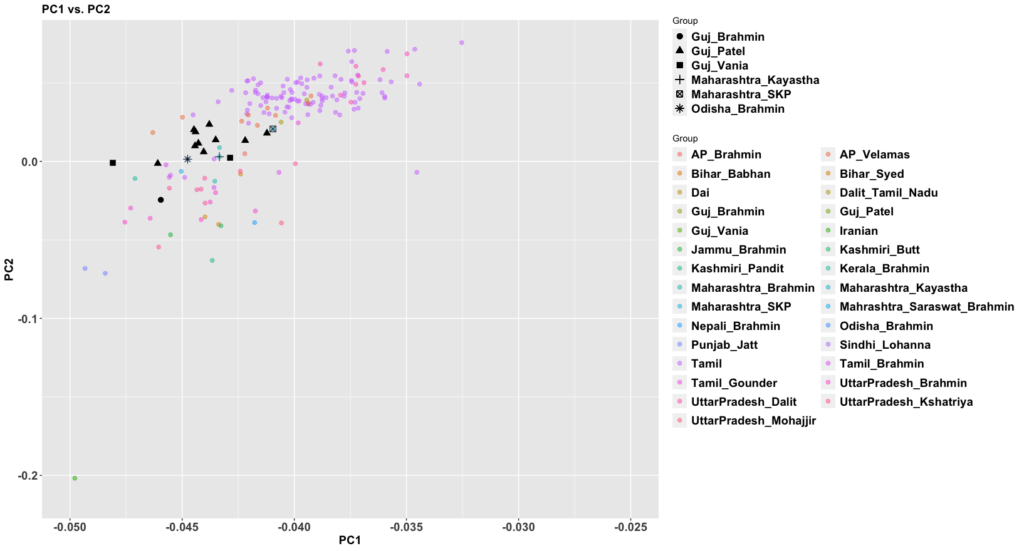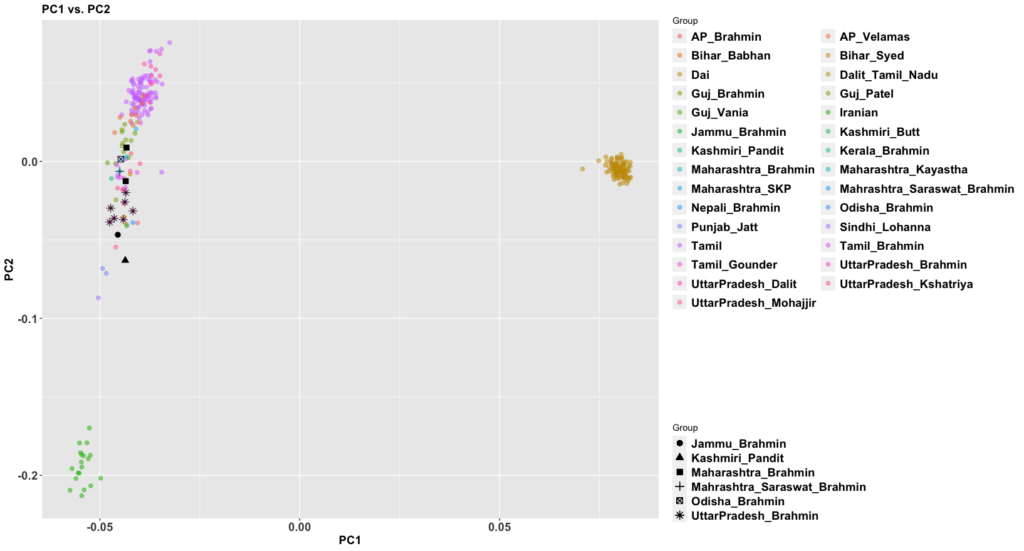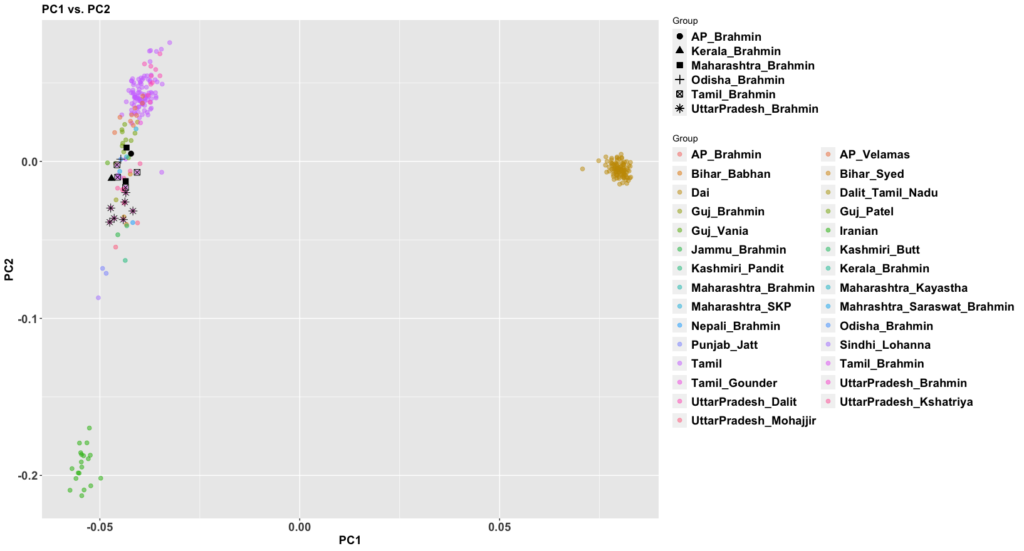Don’t know much about this, but I noticed it hit WSJ today, India’s Adani Group Fails to Halt Short-Seller Driven Decline:
A giant Indian conglomerate couldn’t stop the freefall in its shares and bonds set off by an American short seller in what has grown into a bitter fight over the empire created by one of India’s richest and most politically connected businesspeople.
Adani Group, an energy and infrastructure company, released its 413-page rebuttal to the short seller’s claims just as the trading week began in Asia. Investors weren’t convinced and dumped shares of the company on Monday, bringing the total value lost to $64 billion since last week.
The fight could have wide implications for India’s power industry and for its transition to clean energy. It has also caused billions of dollars in losses for Indian investors who have helped drive up the company’s share price to stratospheric levels.
You can find the Hindenburg Ressearch Report here. This part jumped out at me:
Most large companies hire credible, well-known external auditing firms in order to give investors confidence that their financials are being independently reviewed by a capable team.
Given the complexity of Adani Total Gas and, particularly, Adani Enterprises, with 156 subsidiaries and many more affiliates and joint ventures, one would expect a large, highly experienced team to be monitoring its labyrinthian corporate structure.[62]
But Adani Group has apparently shunned this approach, choosing a tiny auditor named Shah Dhandharia to oversee the audits for these two public companies.
Shah Dhandharia’s website has gone offline during our investigation and now appears to have no website. Archived versions of the website as of February 2020 show that the firm was comprised of only 4 audit partners and 7 support staff.[63]
Of the partners featured on its team page, we found that 3 were in their 20s – hardly the level of experience or seniority needed to seriously scrutinize one of the world’s wealthiest and most powerful businessmen.
Apparently, the Adani group has a 413-page rebuttal to the short-sellers. Rebuttals often take more time/space…but I not going to lie, I am not surprised at the length here…
(though some short-sellers have done sketchy things, my own view is short-sellers are an essential part of af functioning market and discourage crony-capitalism)
